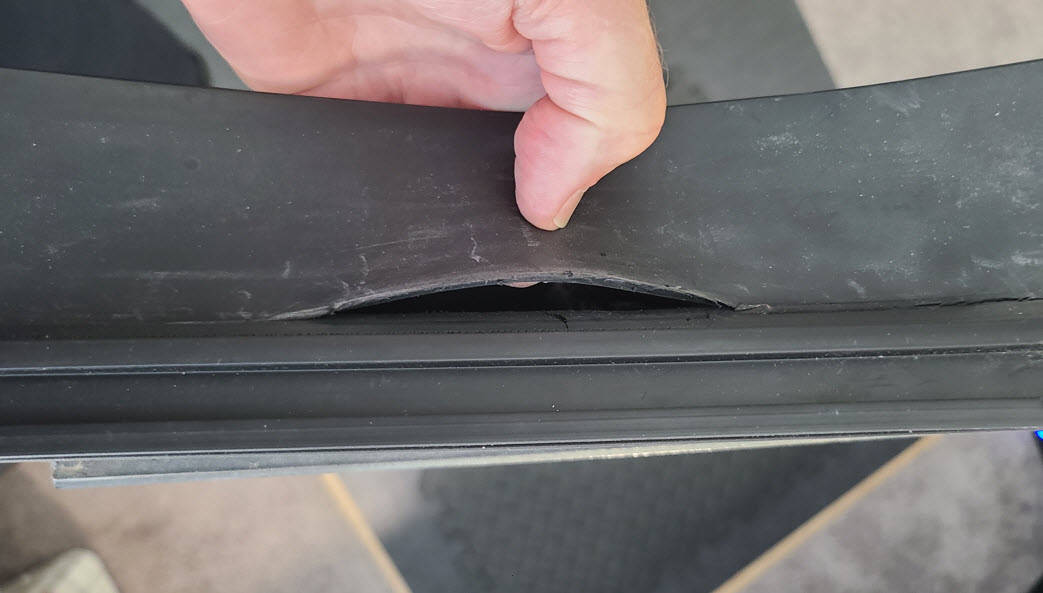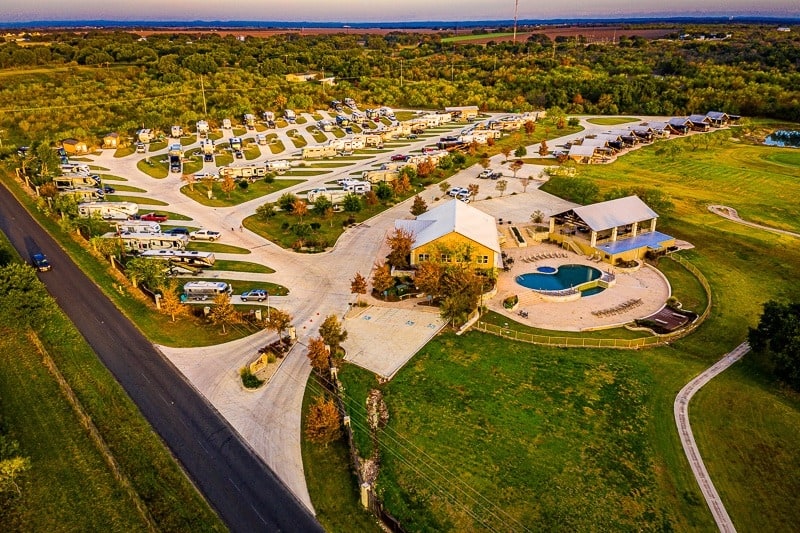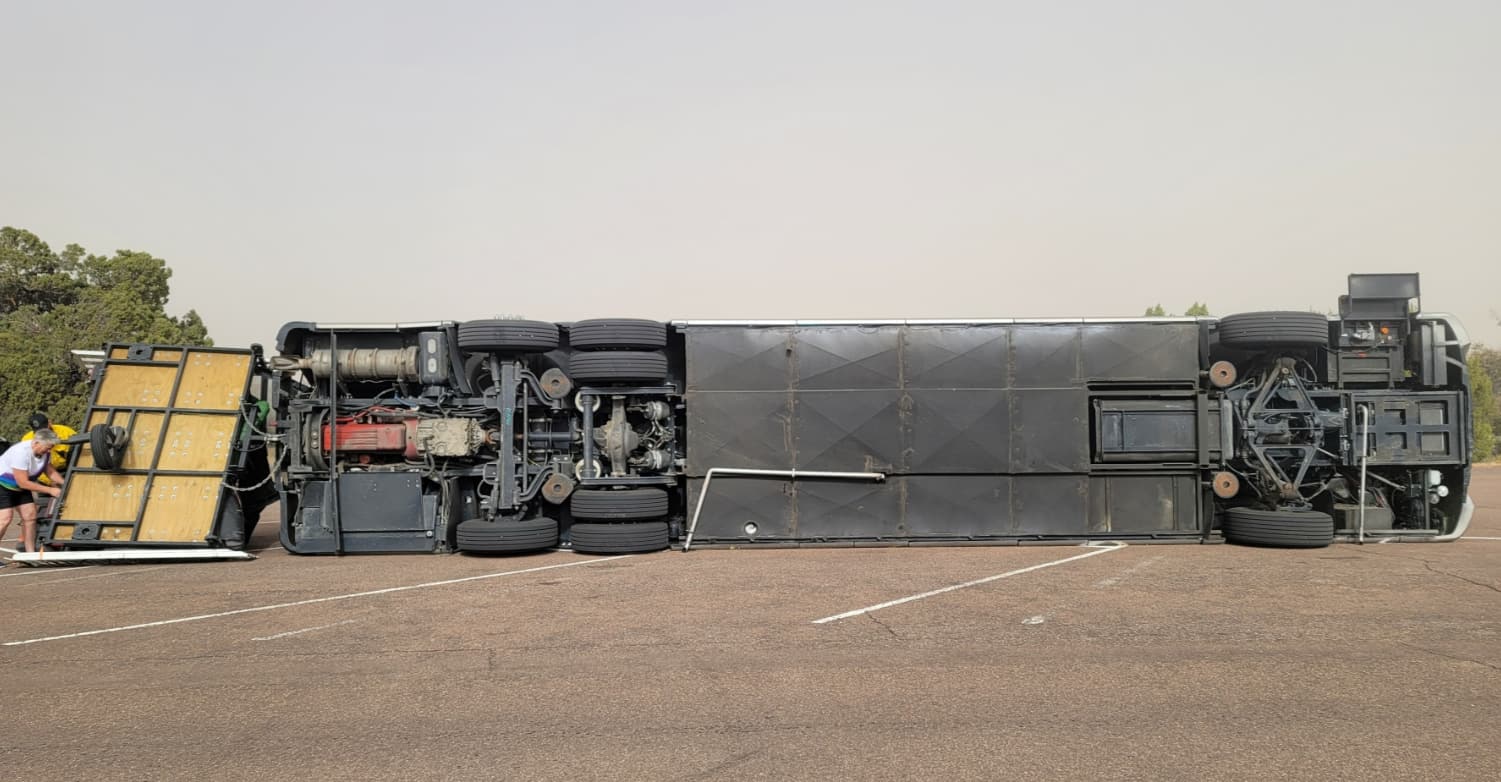Buying a camper is not a simple decision to make. It requires more input than buying. If you are planning to purchase one you need to learn how to drive and tow it.
Owning a camper also requires you to know how to do your own maintenance and the appropriate time to take to the shop. While buying an RV is a durable and adventurous investment, it is not right for everybody.
However, if you are planning to have one, this article gives tips for buying a travel trailer so that you understand what the endeavor entails.
Factors to consider when buying a camper
Before you buy a travel trailer, you should consider the following;
- What features do you want?
- What is the reason for buying an RV?
- Where do you intend to go with the RV?
- Do you prefer to drive a motorhome or tow a trailer?
- Who are you purchasing the RV for?
- What features do you need?
It is important to narrow down and differentiate between what you need and what you want before buying the RV. One of the notable advantages of possessing an RV is the ability to customize and add features as you would do to a home condominium.
What type of RV do you need?
Before purchasing an RV, there are two things you should consider; the type of RV you need and whether you require a used or brand new RV.
There are towables and motorhomes. Towables need to be towed by other vehicles while motorhomes can be driven.
Depending on the level of your comfort, towing can be as costly as purchasing a motorhome. The towable option, however, can be a travel trailer or a fifth-wheel RV.
It is crucial to know that towing will require you to have a towing vehicle like an SUV or a truck. If you do not have access to or own a towing vehicle, this is an additional cost to include in your RV budget. However, if you have a vehicle capable of towing an RV, then it becomes easier for you.
Truck campers, tent campers aka pop up campers, and small travel trailers are among the best ways to ease into the RVing lifestyle. If more room is required, they can consider investing in a fifth-wheel RV or a mid to large travel trailer.
Although a lot of towables ranging from campers to fifth-wheel RVs have similar features and functionalities, sometimes what matters most is the size of the trailer or RV because of the comfort level of its occupants.
Financing a camper
Upon settling on the type of RV you need, you have to work on your financing and budget. Many RV dealers finance their services through lenders. Alternatively, you can secure a vehicle loan from your bank to help in financing.
Depending on the amount you want to commit for a down payment, your credit score, and other factors the financing the process can be easier said than done.
If you can finance via a dealer, you will get interested rates almost to what your bank would offer with good credit. However, if you finance through a third-party lender, chances are you will incur high-interest rates.
Before settling on your financier, you must ensure you can afford to pay the monthly installments and the ability to pay off the loan whenever possible. Before spending your money, you should understand the pros and cons of buying either new or used RVs.
Pros and Cons of buying a new camper
When purchasing a new RV, you are getting a model which has been in the market for a few weeks or months. In some cases, you can even get a trailer or RV straight from the manufacturer.
The product, therefore, has the customizations and feature you opted for at the dealer. This is the most expensive option of purchasing an RV apart from the one built by the manufacturer with specific requirements from a client.
Pros
- Availability of custom options such as choice of color and room layout
- Effective warranty since it is valid the moment you make the purchase
- The buyer gets a brand new product off the assembly line
- There is no need to be worried about damage, wear and tear effects the first time you are driving the RV.
Cons
- High insurance premiums
- The customer may be forced to ship the RV or trailer if the dealer doesn’t have the product in stock.
- The RV can be expensive in relation to the features you need
- You may be required to invest in a towing vehicle
- Not every manufacturer offers customization of RVs and trailers. This has cost implications in the future if more features are to be added
Pros and Cons of buying a used camper
It is hard to tell how long a used RV has served since its manufacturing. Wear and tear results to breakdown issues that you may have to fix. A used RV is bought through a dealer or a third party such as a private seller or a craigslist.
Pros
- Cheaper insurance
- You save a sizable amount of money
- You can get a specific model of RV which is not in production
- You can conveniently customize, repair and upgrade components
- The RV can be rebuilt, restored or redecorated to suit your specifications
Cons
- In many cases the RV’s warranty is void
- Damages may not be visible meaning you may invest more on repairs without deductibles
- You never know the problem with the RV
- You can spend a lot on repair and upgrades
- The RV can have depreciated in value
New or used camper which one should you buy?
Different people have varied tastes for new and used RVs. If you are a beginner in RVing, it is advisable to buy a used one. Although it is safer to buy it from a dealer than purchasing from a private seller, either way, you can still run into problems.
The advantage of buying a new RV is a warrant cover. If anything happens, you can get repair services provided the warrant is still valid. This privilege is not available in used RVs.
There are some brands that are better than others regardless if you are buying new or used. I wrote an article on the ones I consider some of the best RV brands that you can check out.
Additional expenses
Purchasing an RV is not the only expense you will incur as there are others that emanate as a result of buying it.
- Gas, fuel, and propane
- Insurance and gap coverage
- Access to cable and internet
- How you will make meals
- Parking area during trips
- Maintenance and repair costs
- Insurance and registration
Tips for getting the best price when buying a camper
If you want to get an RV with the best price consider the following tips.
- Be friendly with the salesman
- Go with an open mind when looking at RVs
- Exercise patience and wait for a convenient deal to come along
- Watch auto finance rates from your dealers or bank
- Take risks when asking for a better deal
- Buy at the end of the month or at the end of RV season
- Look for the right incentives that make the RV price considerable less
- Consider attending an RV show to get a good deal
Is RVing right for you and your family?
Buying a camper is expensive. When you start RVing, the cost of running all the activities involved goes high. It takes more than buying the RV. There are other costs like repair, parking, maintenance, affordable RV insurance, and others that will increase the budget.
Some families opt to buy used RVs due to the expenses involved after purchase. However, others are able and ready to invest upfront and enjoy the savings as they continue using the product.
RVing is a long-term investment for someone who understands the buying process and makes the right financial decision. While purchasing an RV will save you 50% expenditure on future vacations, you have to invest significantly upfront during the initial stages.



